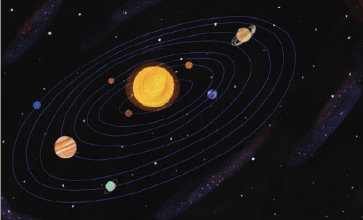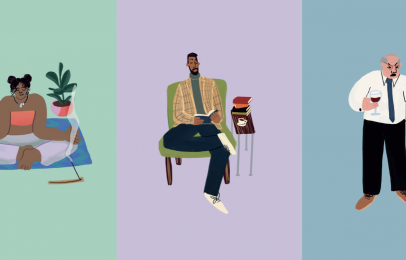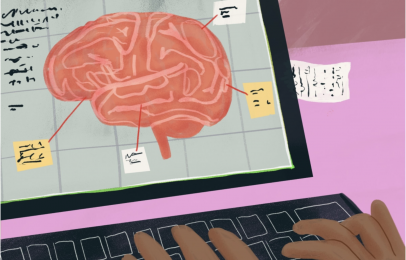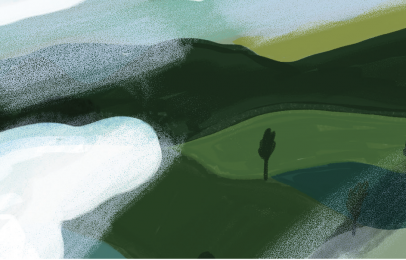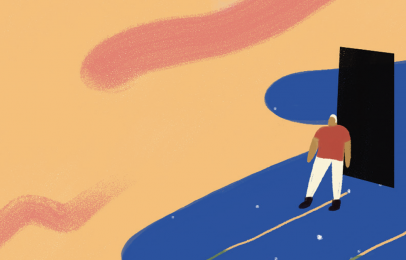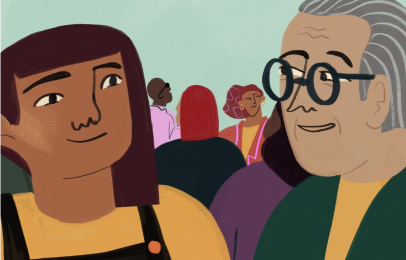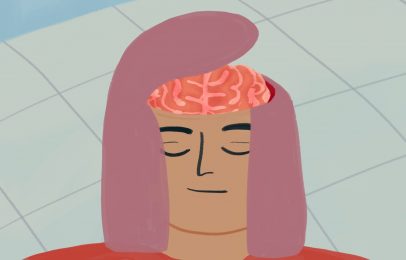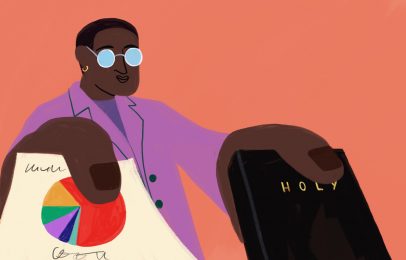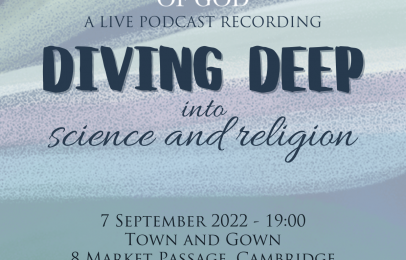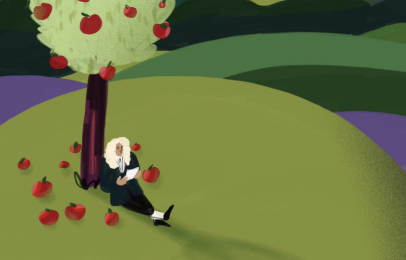Over the last three years, Theos has been working with The Faraday Institute for Science and Religion, and YouGov, on an unprecedently large research project exploring science and religion in the UK. We wanted to look at science and religion afresh, and in particular as if real human beings actually existed. We wanted to explore what exactly people were disagreeing about (when they were disagreeing).
This report is the culmination of a three–year project researching public and elite attitudes to science and religion in the UK today (2022). We have got ‘science and religion’ all wrong – or at least out of proportion. For too long, the conversation has fixed on a limited number of (scientific) topics – evolution, Big Bang, neuroscience – and often on the loudest voices there. The result has frequently turned conversation into debate, and debate into argument. One of the consequences of this is that when you ask people about the relationship between ‘science and religion’, opinions are largely negative. However, when you ask the same people about specific sciences and religion, or about science and specific religions, their views are more complicated. And when you look at expert scientific and philosophical opinion on the matter – even among the non–religious people and atheists – views are not only more nuanced but also more positive. In short, the ‘science and religion’ conversation is needlessly shallow and needlessly noisy.
This ground–breaking report draws on a three–year project in which the researchers conducted over a hundred in–depth interviews with leading academics and science communicators, and commissioned a
YouGov public opinion poll of over 5,000 UK adults. It outlines the conversation around ‘science and religion’, and shows what it isn’t, what it is, and what it could be.
Nick Spencer and Hannah Waite




